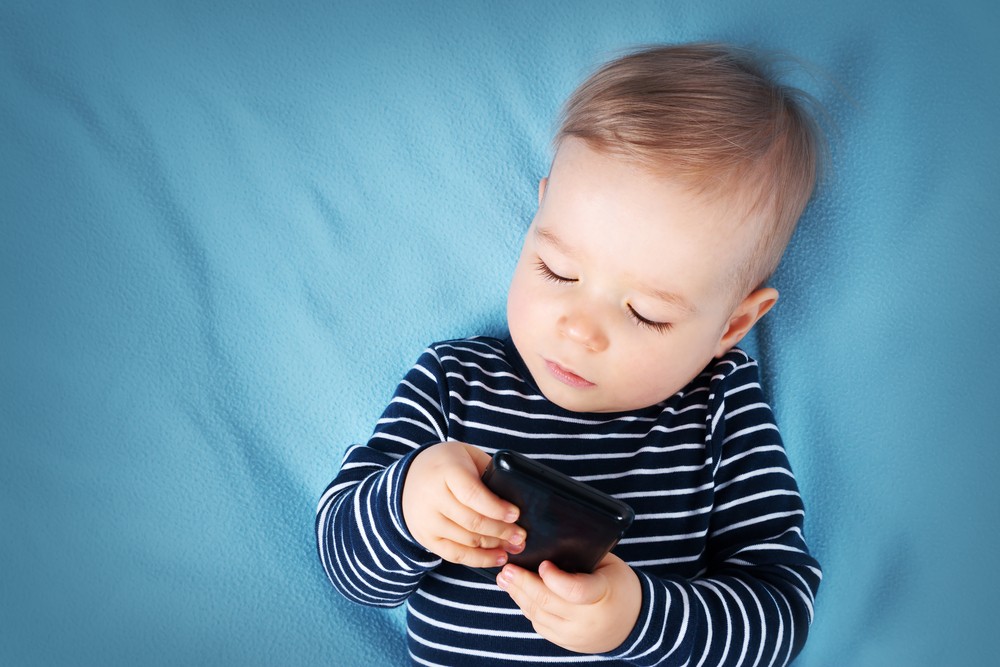Heavy screen time appears to impact childrens' brains: Study
Researchers have found "different patterns" in brain scans among children who record heavy smart device and video game use.
Change Size
 A study found that the longer infants and children between six months and two years spent in front of a handheld screen, the more likely they were to have a delay in their speech development. (Shutterstock/File)
A study found that the longer infants and children between six months and two years spent in front of a handheld screen, the more likely they were to have a delay in their speech development. (Shutterstock/File)
R
esearchers have found "different patterns" in brain scans among children who record heavy smart device and video game use, according to initial data from a major ongoing US study.
The first wave of information from the $300 million National Institute of Health (NIH) study is showing that those nine and 10-year-old kids spending more than seven hours a day using such devices show signs of premature thinning of the cortex, the brain's outermost layer that processes sensory information.
"We don't know if it's being caused by the screen time. We don't know yet if it's a bad thing," said Gaya Dowling, an NIH doctor working on the project, explaining the preliminary findings in an interview with the CBS news program 60 Minutes.
"What we can say is that this is what the brains look like of kids who spend a lot of time on screens. And it's not just one pattern," Dowling said.
The NIH data reported on CBS also showed that kids who spend more than two hours a day on screens score worse on language and reasoning tests.
Read also: Screen time may be causing speech delay in children: Study
The study -- which involves scanning the brains of 4,500 children -- eventually aims to show whether screen time is addictive, but researchers need several years to understand such long-term outcomes.
"In many ways, the concern that investigators like I have is, that we're sort of in the midst of a natural kind of uncontrolled experiment on the next generation of children," Dimitri Christakis, a lead author of the American Academy of Pediatrics' most recent guidelines on screen time, told 60 Minutes.
Initial data from the study will begin to be released in early 2019.
The academy now recommends parents "avoid digital media use -- except video chatting -- in children younger than 18 to 24 months."









